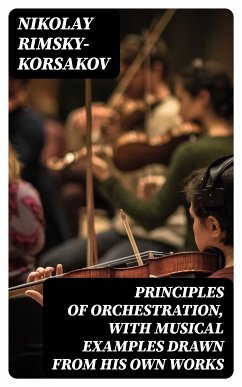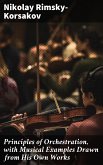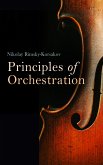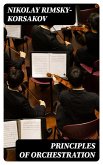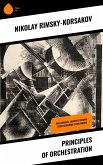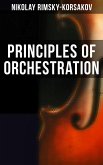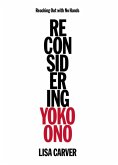Nikolay Rimsky-Korsakov's 'Principles of Orchestration, with Musical Examples Drawn from His Own Works' is a seminal work in the field of music theory and orchestration. In this book, Rimsky-Korsakov delves deep into the intricacies of orchestrating music, providing detailed explanations and musical examples from his own compositions to illustrate his concepts. His clear and concise writing style makes this book accessible to musicians of all levels, both amateur and professional. Rimsky-Korsakov's emphasis on utilizing instruments to their fullest potential showcases his mastery of orchestration and composition, making this book an essential read for anyone interested in music theory and orchestration. Nikolay Rimsky-Korsakov, a renowned composer and conductor, wrote 'Principles of Orchestration' to share his expertise with fellow musicians and composers. Drawing from his vast experience in composing for orchestras, Rimsky-Korsakov provides valuable insights into the art of orchestrating music effectively. His passion for music shines through in this book, making it a valuable resource for aspiring music professionals. I highly recommend 'Principles of Orchestration' to any musician looking to deepen their understanding of orchestration and composition. Rimsky-Korsakov's insights and musical examples provide a practical and comprehensive guide to mastering the art of orchestration, making this book a valuable addition to any musician's library.
Dieser Download kann aus rechtlichen Gründen nur mit Rechnungsadresse in A, B, BG, CY, CZ, D, DK, EW, FIN, F, GR, H, IRL, I, LT, L, LR, M, NL, PL, P, R, S, SLO, SK ausgeliefert werden.

